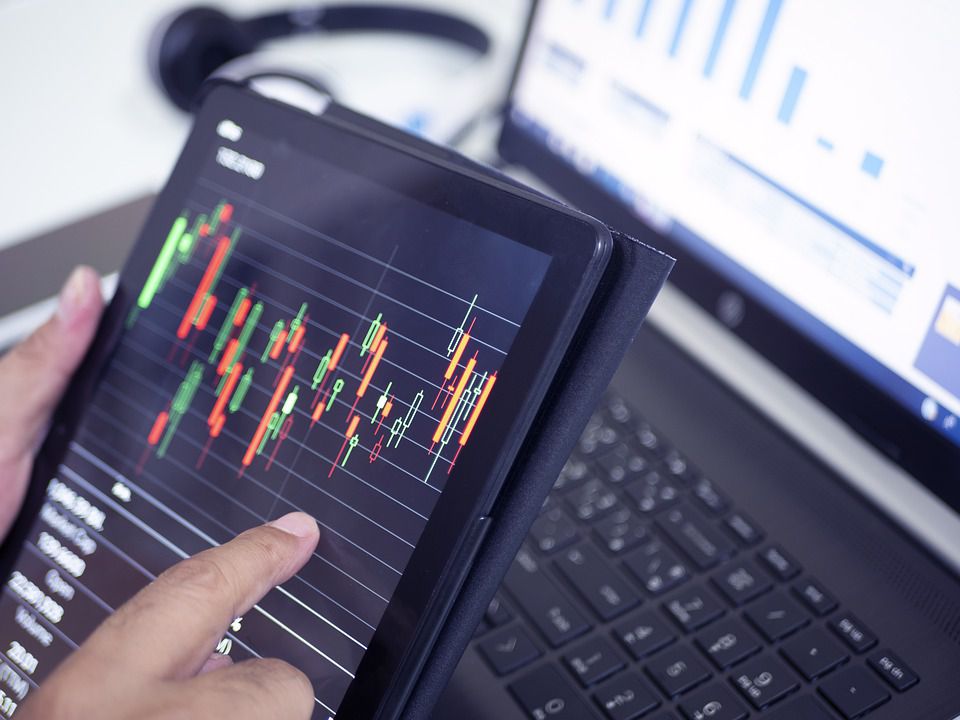Top 8 Tips When Starting Currency Trading

Currency trading can seem like a great way to earn some extra money. Indeed, there are plenty of people who successfully trade the currency markets and generate a profit. However, it is not as simple as buying a currency and then selling it again. Even if the currency moves in your favor the charges associated with converting the currency back into your own funds can wipe out any returns.
Alongside this, you need to consider charges made by the platform you are using for your investments. That’s why it’s essential you get as much information as possible before you start trading.
1. Constant Learning

Although the principle of currency trading is straightforward, there is still a learning process that you should adhere to. The currency market, generally referred to as FX or forex, is the largest investment market in the world with trillions of dollars turned over daily. That’s many times the volume turned over in the stock market.
You need to be able to predict what effect economic and social developments will have on currencies and then invest accordingly. In other words, you need to learn about market movements before you start investing.
2. The Right Platform
The key to successful currency trading starts with the right platform. It should be easy to create an account and give you the ability to access an array of financial instruments. All you need is your account and a computer to access it and the markets, allowing you to trade with one click.
It is essential that the platform has this level of simplicity to allow you to take advantage of sudden and short-term opportunities. There are several platforms worth considering, among them the trading bank fineco.co.uk.
Don’t forget that the platforms will charge you. The best ones are unlikely to charge you to use the platform but they will charge for each transaction you carry out. Factor this into your platform decision as well as into your investment decisions.
3. Know Your Market

Have you ever heard of pips or pairs? Pips are the smallest increment in trade, they generally equate to a hundredth of a percentage point. Pairs refer to the fact that almost all transactions are two-sided. If you are buying one currency you will need to sell another.
Those are just two of the most common terms in currency trading. It is essential that you do your homework and understand the terminology before you start investing. If you don’t you are likely to lose money straight away.
4. Create Your Plan
You can simply copy someone else’s trading plan, many people do. However, if you copy a plan you won’t understand it. That makes it hard to stick to the plan when the market is trading downward and you appear to be losing money. You are likely to pull your funds, having made a loss.
If you keep using other people’s plans you will continue to lose money and quickly give up on currency trading. But, if you study the markets and create your own plan you will be able to stay the distance as you will understand what is happening.
All you have to do is make sure you set parameters for each transaction and then stick to the rules you’ve established.
5. Test Runs

You may have devised what you believe is a foolproof plan. However, before you dive in at the deep end, take a moment to test your plan with a small amount of funds or even watch the market as though you had invested. This will allow you to test the efficiency and effectiveness of your plan.
The result is you will have an excellent plan when you do start investing.
6. Plan Your Time
It is impossible for you to watch the markets every second of the day and there is little point in doing so. That’s why you have created a plan. You can then create limit orders which will instigate buys and sells for you based on the current currency prices.
These allow you to stick to your parameters without being glued to your platform. You can then take stock daily and spend time looking at the markets. In most cases, a few hours of market study per day is much more effective than watching the markets all day. You will find you are more focused and it is easier to spot the trends.
7. Using The Right Funds

If you are sure that you’ve devised a foolproof plan then you may be tempted to invest everything you have, including your monthly rent. But, the nature of the currency market means there is no such thing as a foolproof plan. Unexpected events can change everything.
To avoid you being wiped out in one transaction you need to create the right funds. That means using money that you can afford to lose. It also means setting limits and never putting all your funds into one transaction. You have to stick to the plan you have created but you need to be prepared for the worst to happen and you lose all your funds.
8. There Is No Room For Emotions
Emotions get in the way when currency trading. If you lose a trade and get angry you are likely to make a bad trade. Equally, a trade after a success can be as bad because you may feel overconfident and not evaluate all the risks.
There is a reason why you developed a plan and you need to stick to it, avoiding your emotions. In fact, when you have had a bad trade it is best not to place any other trades that day and start afresh the next day. This will help you to see the loss for what it is, unfortunate, and encourage you to stick to the plan you’ve created.
Final Thoughts
A useful piece of advice when undertaking any type of investment trading is that you are most rational before you place a trade and least rational straight after. It is true when you trade well you are feeling good and may invest without thinking it through properly. Equally, if your trade has gone badly you are likely to invest quickly to get your money back.
In both cases, you will probably make bad investment decisions. When currency trading you should always cool off and consider your next move.




